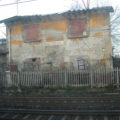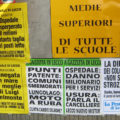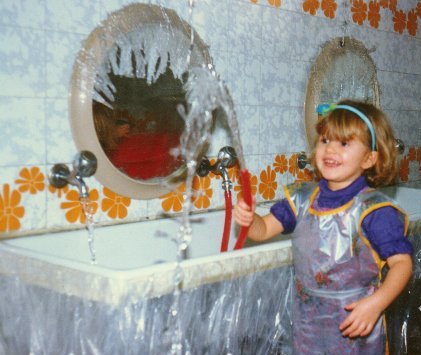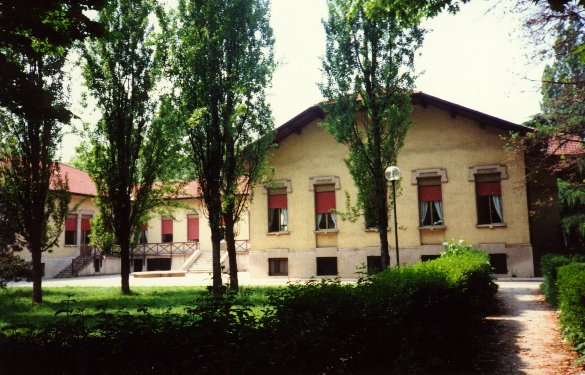It’s a phenomenon familiar to people who have moved around a lot: when you’re about to leave a place, you are suddenly out of patience with it. Annoyances you’ve put up with for years loom large, and you count the days til you can get the hell out. This is a defense mechanism: by concentrating on what you dislike, you hope to lessen the pain of leaving the things and people you do like.
Thus with me and Milano at the moment. We’re getting ready to move to Lecco (a mid-sized town on Lake Como, not very far away), and I am at the end of my tether with everything Milanese. I’ve had enough of sidewalks used as dogs’ toilets, gypsy beggars who all whine the same tale with the same words and faux mispronunciations (I could recite it along with them), of nearly getting run over in crosswalks, of bitchy old ladies who bear a grudge against anyone younger than themselves. Most of all, I am tired of pollution and the respiratory problems that result; I hope Lecco will cure all that.
This move is different, though. I’ve been in Milan – in the same apartment! – more than twice as long as any previous place in my life. I now know what it’s like to be part of a neighborhood. The shopkeepers know my habits (odd American ones, such as making pot roast out of beef rather than veal), and will give me credit when I don’t have cash. They adore my constant striving to give them exact change, and always carrying a cloth shopping bag instead of taking plastic ones. The owner of the coffee bar downstairs frequently gives Rossella chocolates; in all these years, he never figured out that she always gives them away.
I will miss some favorite restaurants, where we’ve been regulars for years. I will miss knowing where to find things, especially things that are hard to get in Lecco, such as Indian spices, Basmati rice, and fresh coriander. I will miss being able to get almost everywhere I need to go by public transport – one of this summer’s ordeals will be
getting an Italian driver’s license (and, believe me, it will be an ordeal). I will miss having many cinemas, theatres, and museums close by, even if we hardly ever go to them.
On the other hand, in Lecco we’ll be living three blocks from Lake Como, instead of three blocks from more gray squalor. We’ll be living in an apartment twice as large as our current three rooms, and I can finally have an office NOT in the bedroom. And a kitchen larger than one meter by two. Am I looking forward to the move? You bet.









